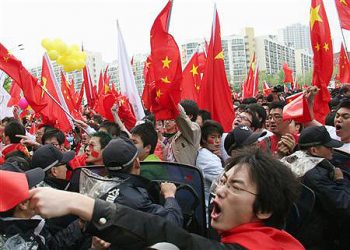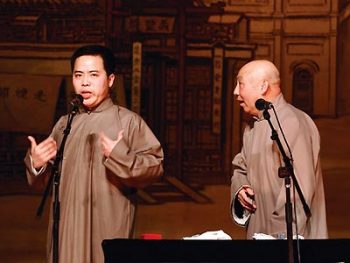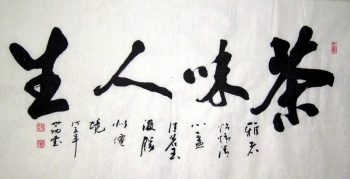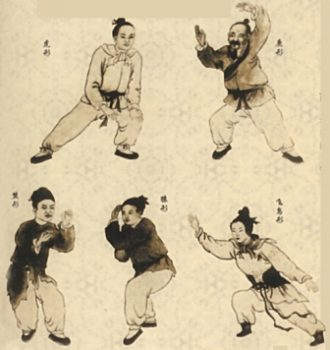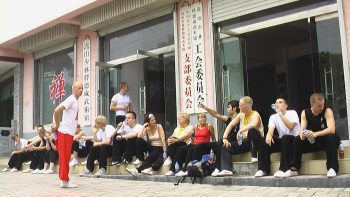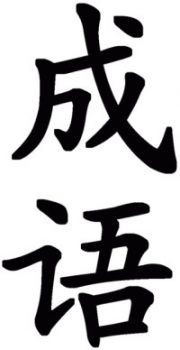Archive by Author
Chinese Nationalism (民族主义) Posted by Stephen on Oct 2, 2011
As we celebrate National Day (国庆节) in China, it seems like a an apt time to reflect upon Chinese nationalism or 民族主义 (mín zú zhǔ yì). China is one of the most patriotic nations I’ve lived in (with an exception of the United States) and as a result, nationalism is rampant. Just read the newspaper…
Beijing Opera (京剧) Posted by Stephen on Sep 30, 2011
Beijing opera or 京剧 (jīng jù) is a traditional form of Chinese theater which combines music, vocals, miming, dance and even acrobatics into the performance. Beijing Opera arose in the late 18th century and became fully developed and recognized by the mid-19th century as traditional art form. Beijing Opera was extremely popular in the Qing…
Calligraphy (书画) Posted by Stephen on Sep 28, 2011
Chinese calligraphy or 书画 (shū huà) stands as a testament to evolution of the Chinese written language. Learning it takes years of practice, a steady hand, and an intense focus to detail that few can master. Chinese calligraphy is both extremely fluid and extremely structured. A missed angle, a frayed brush tip or even a…
Chinese Traditional Instruments: PíPá (琵琶) Posted by Stephen on Sep 27, 2011
The pípá (琵琶) is a four-stringed, plucked Chinese musical instrument often referred to as the “chinese lute”. Similar to western guitars and mandolins, the pipa has a pear-shaped wooden body with a varying number of frets ranging from 12–30, depending upon the style and sound desired. Unlike the erhu, which is played with a bow (like…
Wǔ Shù (武术) Posted by Stephen on Sep 26, 2011
Kung fu is a modern day phenomenon that is more of a culture than the actual practice of Chinese martial arts. Wushu or 武术 (wǔ shù) on the other hand, is a broader term that refers to the many schools (門, mén), families (家, jiā) and sects (派, pài) of Chinese fighting. Much like 功夫, 武术 translates…
Enter Kung Fu (功夫) Posted by Stephen on Sep 25, 2011
If you are like me, you love kung fu–in all its glory. No matter if it’s a Bruce Lee flick, a kickboxing match or if you’re just practicing some taichi (太极拳 pronounced: tài jí quán) in the back yard–kung fu kicks a$*. The hits, the flips, and who can forget the fumanchus? It’s the art of…
Idioms Explained Posted by Stephen on Sep 24, 2011
Idioms or 成语 (chéng yǔ) are very prevalent in Chinese writing and even in common day sayings. Much like idiomatic expressions used in English, the Chinese equivalents are an amalgam of history, cultural influences and scholarly debate, imparted upon Mandarin and Cantonese over thousands of years. Further, because Chinese and English are the two largest…



